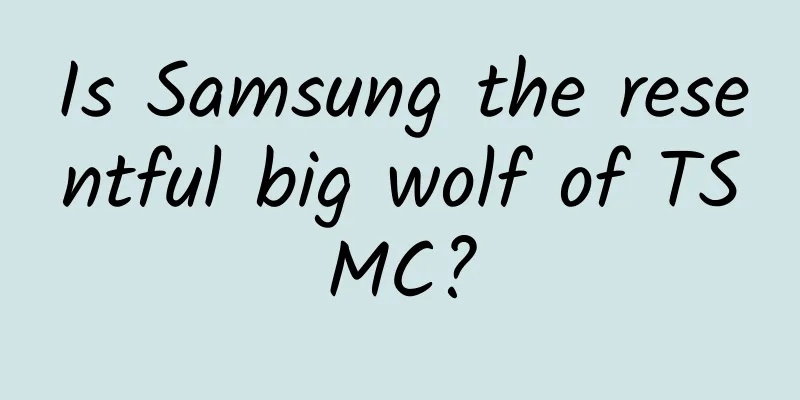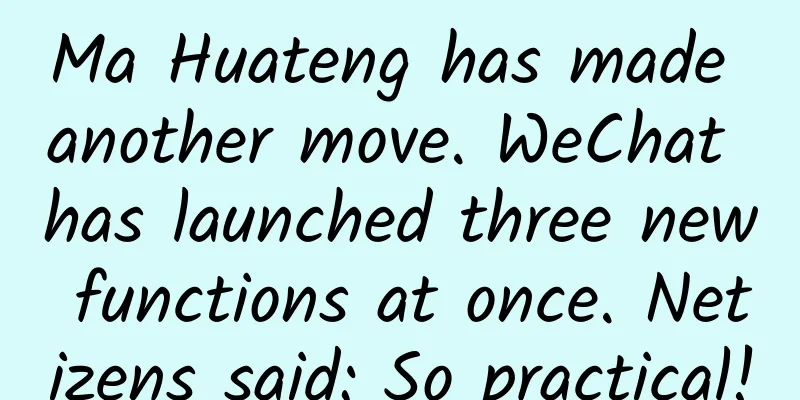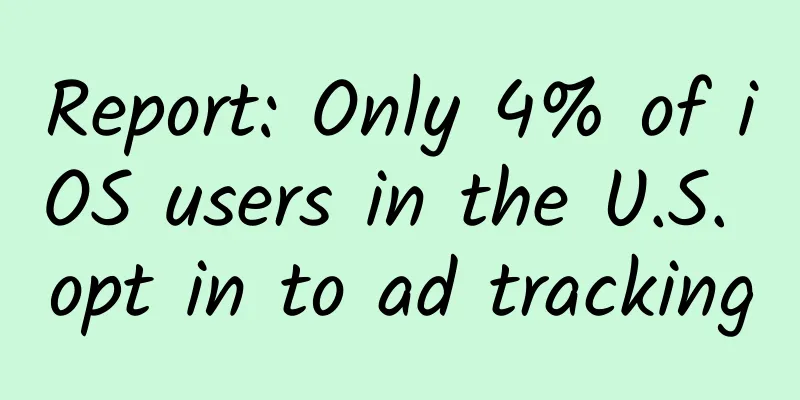Is Samsung the resentful big wolf of TSMC?

|
Today, TSMC and Samsung, one is resentful, and the other is not only resentful, but also a bit of a big-tailed wolf! Today, I will talk about two things outside of the Chinese mainland technology industry. One involves TSMC, the world's leading semiconductor foundry, and the other involves Samsung, the world's largest IT giant. One of them is resentful, and the other is not only resentful, but also a bit like a long-tailed wolf. How can you say that TSMC is resentful? Here's what's going on: Due to concerns about environmental impact assessments, power shortages and other issues in Taiwan, it leaked through a third party that future 3-5 nanometer advanced factories may have to move beyond Taiwan and list the United States as an investment option. The people who helped it leak the information were Lin Bofeng, chairman of the so-called "Industry and Commerce Association" in Taiwan, and Cai Liansheng, secretary-general of the Federation of Industries. Lin said that coupled with the delay in repairing the "one day off for one day of work" policy, Taiwan's investment environment is worrying and not friendly enough, while the United States is offering incentive measures; Tsai said that semiconductors are Taiwan's only most important industry, and they cannot be stopped 24 hours a day, and even a power outage of 1 second is not acceptable. Moreover, Taiwan is an island and cannot be like Germany, which can purchase emergency supplies from neighboring countries if there is a power shortage. The risk of power shortage is really unbearable. These are all facts. When the earthquake hit Taiwan, the direct damage was not as great as the damage caused by the power outage. The global electronics industry supply chain was interrupted for a time. This is also the reason why Taiwanese companies later further expanded their layout in the mainland. Yes, after the infrastructure in the mainland is built up, it can disperse the risks of the island's industries. If it is finally realized, it will definitely be a global event. In terms of technology, this is definitely the most advanced factory; and the investment amount is NT$500 billion, which is equivalent to RMB 113.4 billion. Given TSMC's global appeal, such a move would be extremely worrying for Taiwan leader Tsai Ing-wen. TSMC has already made the Tsai administration very nervous: the construction of the Nanjing plant in mainland China with a total investment of 3 billion US dollars has already started. Although the process in 2018 was only 16 nanometers, it was still more than enough to compete for mature products. Moreover, TSMC's Songjiang plant did not fully comply with the restrictions imposed by the other side of the strait that year, and its process exceeded the limit. This project is within the rules, and Tsai Ing-wen and others dare not block it. But the Taiwan authorities expect TSMC to increase investment in Taiwan in exchange for the goods. It is also this so-called 3-5 nanometer advanced project. Some time ago, the founder of TSMC had a conflict with the Taiwan authorities, and he even scolded them directly over the phone. It turns out that when TSMC's Nanjing project started, Tsai Ing-wen was eager to use TSMC's new project to show that Taiwan is still the best place to invest. An official in the technology industry hurriedly announced that the investment in 2020 would be 500 billion yuan, with a 3 to 5 nanometer process and 50 to 80 hectares of land in the Luzhu Science Park in Kaohsiung. Morris Chang was so angry that he called Tsai directly. Tsai couldn't stand it anymore and had to ask her so-called deputy Chen Chien-jen to clean up the mess and apologize to Chang. You know, Zhang has long been leaning towards the green camp, so he must have broken the rules to be so angry. I interviewed him once, and he is very stubborn. He often smiles and makes you accept his views. His anger is also real. After all, TSMC is not only listed in Taiwan, but also listed in the United States. This official leak will cause TSMC to be questioned by the SEC. Moreover, it will also let Intel know some specific rhythms. Therefore, at this juncture, TSMC suddenly used the excuse that the investment environment is bad, and it must be gambling to obtain better investment conditions. This is also its resentment. In addition to expressing opinions in a roundabout way, it is actually unlikely to invest in the United States. Although Morris Chang was a senior executive of TI and had no worries about connections, it is difficult to recruit people for a new factory there, and the labor cost is not low. Generally speaking, the labor cost of such factories accounts for 10% of the total investment. Moreover, as the core manufacturing of the supply chain, it is also far away from the market, and the logistics cost is also not low. Therefore, this kind of resentment that clearly requires conditions but is difficult to express directly is actually a behavior of "bullying customers" after Taiwan's industry has grown. However, it is also good. The Tsai administration has no ability to develop the economy and has been engaging in political struggles. In this way, it will continue to overdraw, and will eventually continue to compromise in the industry, causing greater conflicts. TSMC and other companies with larger weights will probably also take advantage of this situation to gain leverage. In fact, another source of resentment is that TSMC pays more attention to the mainland than before. This is because local IC design companies are no longer what they were 10 years ago. Back then, the combined output value of many mainland design companies was not as good as that of MediaTek alone, not to mention the powerful American Qualcomm. Why are people saying today that Samsung is also resentful and is even called a big-tailed wolf? Mainly because I saw news about its new Tizen phone today. It is said that the 3.0 version of the phone will be launched in India. Tizen mobile phones have been hyped for several years. They are a microcosm of the complex game in the global mobile phone industry at this stage. You know, in this industry, in terms of operating systems, there used to be several camps, including BlackBerry, Symbian, Microsoft, Android, Apple, etc. Nowadays, it is basically a deadlock between Android and Apple. There is a problem here. From the perspective of the open camp, Google has made the smartphone industry a success, but Android has reached its maturity stage, which has also invisibly restricted the development of the global mobile phone industry. If the water is too clear, there will be no fish. The overly open Android is relatively rough and has a poor experience. Every update also costs developers a lot of money. A few years ago, Google launched Android 3.0, which seemed to be a sign of tightening up, and even reportedly strengthened its own use. Of course, it did not dare to do so. But at least it made the mobile phone giants feel uncomfortable. After all, the source of the system is controlled by others, and you can only adapt to it. In this way, efficiency and experience will be affected. Samsung has long been planning to have its own operating system. It started planning at least 10 years ago and launched BADA in 2009. However, after BADA 2.0, it could no longer sustain itself and had to turn to Android. But Samsung has never given up on its independence movement. At the 3rd Tizen Developer Conference in 2014 (San Francisco), Samsung finally launched the first mobile phone Samsung Z with its own operating system Tizen, and plans to launch it in Russia. Li Ka-shing has even supported this system. In September 2012, Li Ka-shing met with Lee Kun-hee and agreed to cooperate in the field of communications. At that time, Samsung had just released Tizen and announced that it would launch a Tizen phone in 2014. At that time, the giant Intel was also behind Tizen. You can experience the complexity here. Later, Samsung did not launch Tizen smartphones first, but took the lead with two smart watches. This was a test and a warning. At that time, Google reached a balance with Apple and Microsoft. After that, Samsung continued to advance secretly, but did not mass-produce it. Why are Tizen phones making a splash again in 2017? I think it has something to do with the maturity of the mobile phone industry. It is difficult to differentiate yourself in the Android camp. Apple is also under great pressure to differentiate itself. Two topics that are similar to Samsung's Tizen trends are: One is Huawei. When launching Mate 8, Yu Chengdong said something ambiguous, saying that Huawei also has the ability to independently develop the system, but it will not do it. Moreover, Huawei is still "waiting" for ARM's innovation in some aspects. What does this mean? This is because the dual A model of Aandroid+ARM faces innovation pressure, and Huawei's will to pursue experience and the lack of innovation in the upstream are beginning to have some contradictions. At least its efficiency and experience will be affected to a certain extent; Second, Xiaomi is also engaged in mobile phone chips. What does this mean? It also wants to seek differentiation and improve efficiency through self-controlled SOC. Why is Samsung also a resentful company? That is because it is impossible for it to completely abandon Android. Tizen is more of a supplement to its own ecosystem, a differentiated product experience, and a mobile phone system with a fully self-controlled supply chain. Calling it a big-tailed wolf does not mean to belittle it, but to highlight that Samsung has been seeking a high degree of autonomy and self-control in the global IT and communications fields. This is also the characteristic of its business model. Samsung is still one of the most powerful giants on the planet. Moreover, in 2016, its mobile phones suffered a major setback. In 2017, Samsung has a strong motivation to sprint forward, first in quality, second in differentiation, third in efficiency, and fourth in cost performance. These four aspects are precisely the key factors for Samsung to dominate the global mobile phone industry so far. The grievances of the two giants are different, but no matter whether it is the choice of investment location or the pursuit of supply chain self-help, in 2017, a juncture when the global industry is undergoing drastic changes, any of their actions will not be easy, and they are all seeking to express their will more freely by leveraging their market position. As a winner of Toutiao's Qingyun Plan and Baijiahao's Bai+ Plan, the 2019 Baidu Digital Author of the Year, the Baijiahao's Most Popular Author in the Technology Field, the 2019 Sogou Technology and Culture Author, and the 2021 Baijiahao Quarterly Influential Creator, he has won many awards, including the 2013 Sohu Best Industry Media Person, the 2015 China New Media Entrepreneurship Competition Beijing Third Place, the 2015 Guangmang Experience Award, the 2015 China New Media Entrepreneurship Competition Finals Third Place, and the 2018 Baidu Dynamic Annual Powerful Celebrity. |
Recommend
The third issue of Wanquan Baidu screen dominance fast ranking, quickly obtain ranking traffic
SEO fast ranking technology Wanquan: Baidu SEO fa...
The app market is officially entering its twilight years!
Business and technology journalists often like to...
OPPO Pad 2 all-round tablet review: audio and video, entertainment, light office, all in one
In 2010, the tablet computer was born under the c...
The key to optimizing Bitmap memory usage: image resolution, folder storage and loading strategy
Memory usage calculation formula for images Image...
African children hold up signs and shout. How many words are required in the actual video of their shouting?
Please add customer service WeChat (Wechat): 1867...
The most complete! Practical guide to operating Douyin corporate accounts!
Douyin is undoubtedly an important battlefield fo...
SEM | Click is a technology, conversion is an art, why do we say that?
Over the past few decades, the rapid and innovati...
Do you get angry easily? Do you always suppress yourself? Here are 5 tips to help you master your emotions!
Joy, anger, sorrow, thought, sadness, surprise, a...
How did these idols who became popular in Li Jiaoshou’s circle of friends gain admiration?
This is an era where idols are born faster than b...
Do a good job of psychological valuation and you will win the user
Actual value cannot bring users. What users care ...
Shocking! Mobile hotspots have become a new scam den, and you may lose everything if you are not careful!
In today's digital age, mobile phones have be...
Amazing technology that is expected to move from science fiction movies to reality
We may have never been so close to the future. Yo...
It doesn't matter if the brand is small, Lantu Zhiyin focuses on all-round leapfrogging, with 800V and intelligent driving as standard for 200,000 yuan
People often say that China's new energy vehi...
I heard that marble has radiation? The mineral that can really harm you is...
"Marble has radiation, it is dangerous to ke...
Can the female anchors who earn millions a year support the future of Momo?
At the end of October, this girl was not too cold...









